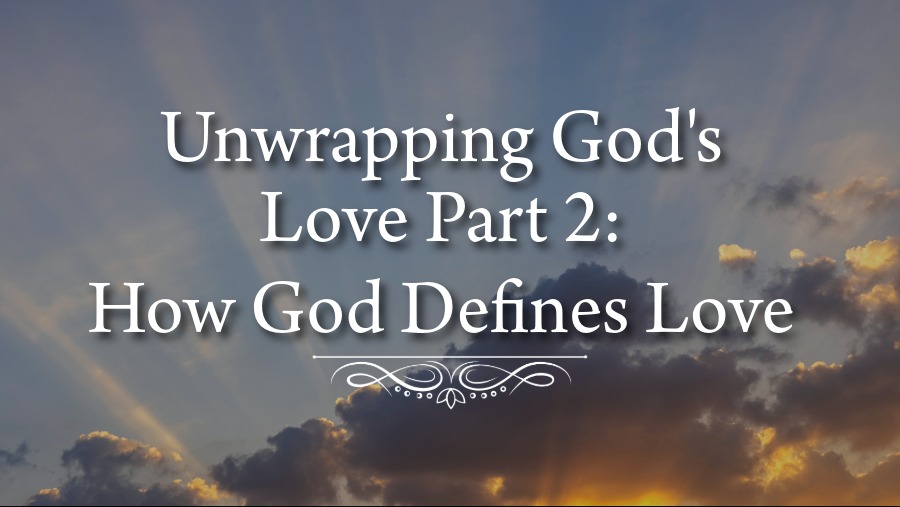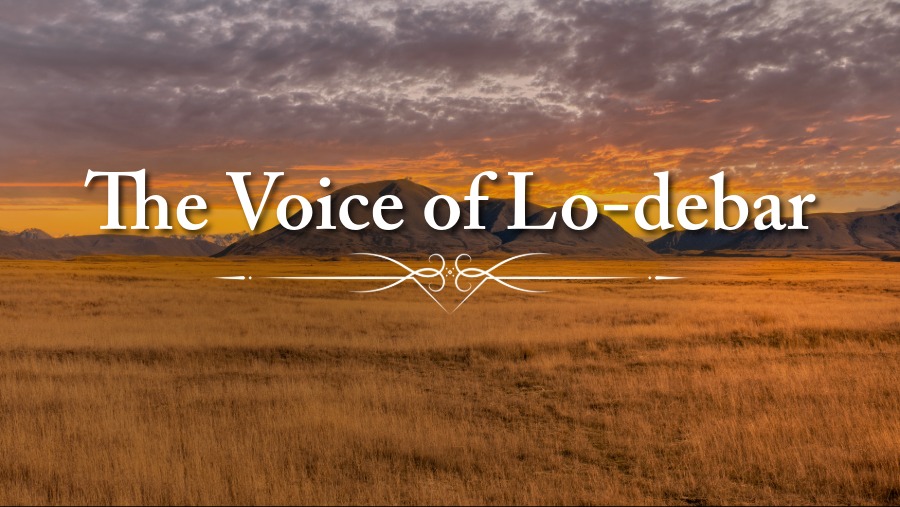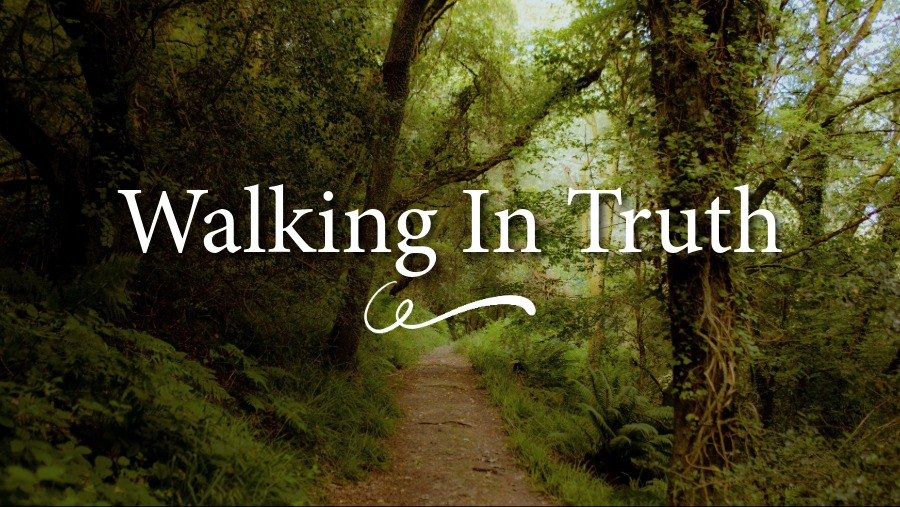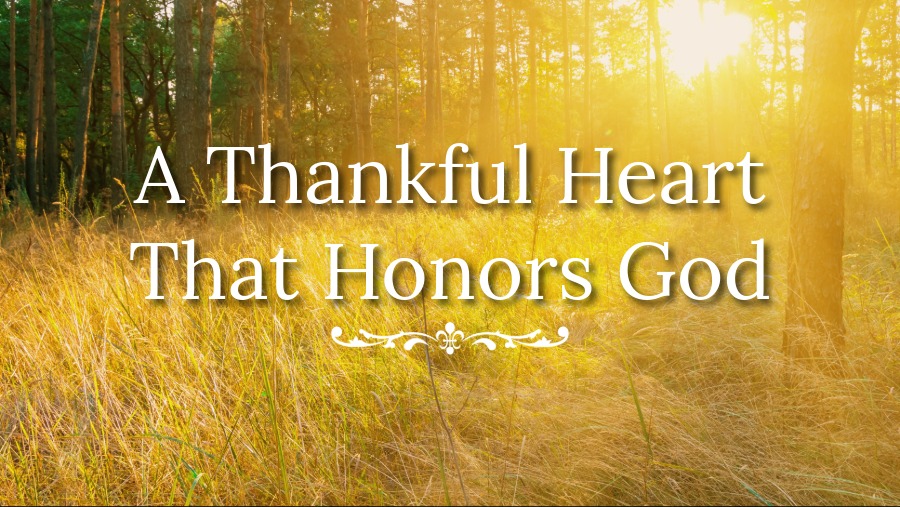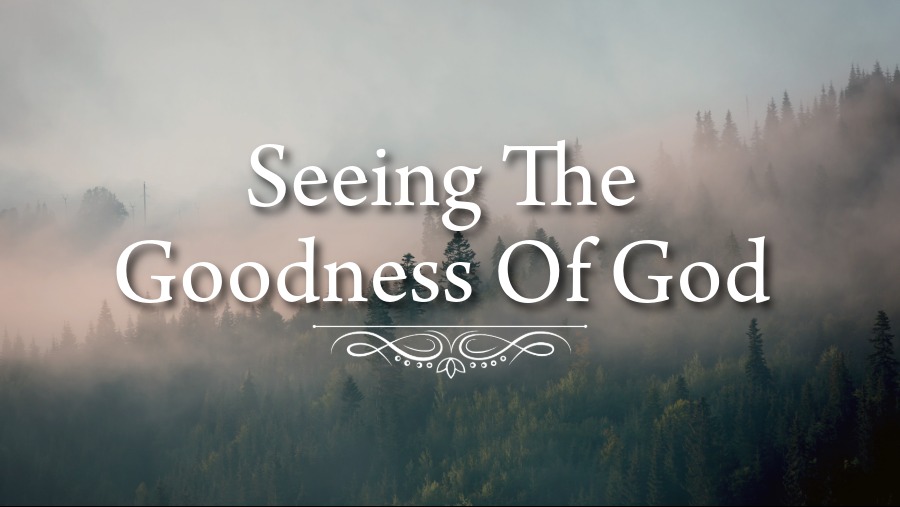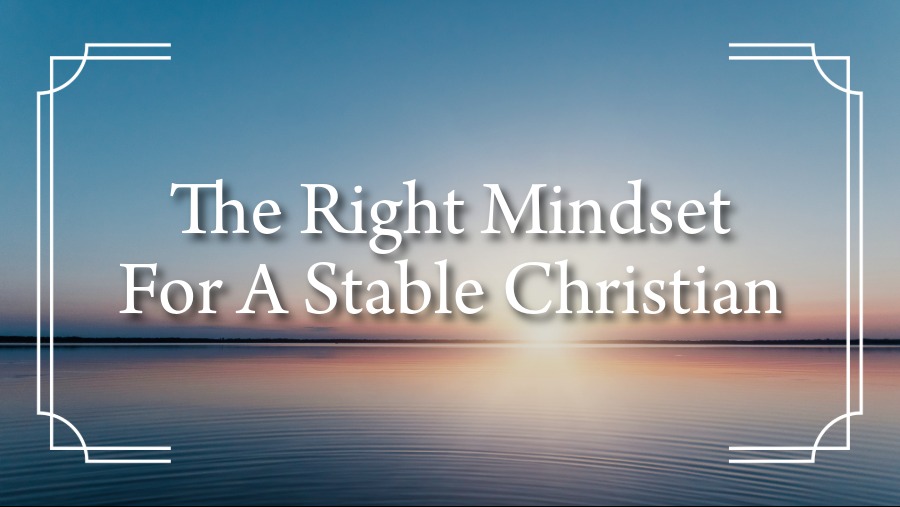
The Dangers Of Holding Back
Pastor Ortiz prefaces his sermon by reading Acts 5:1–11, the sobering account of Ananias and Sapphira, who sold a piece of property, claimed to give all the proceeds to the apostles, yet secretly withheld part. Peter confronts them: “You have not lied to men but to God,” and both fall dead when judged. Ortiz admits this passage has troubled him—Ananias and Sapphira seemed to do a good deed, yet God’s judgment was severe. He frames his message around the question: Why does God react so strongly when we “hold back” from Him?
1. The New Work of the Holy Spirit & Early Church Generosity
- In Acts 4, the Spirit empowers believers with boldness, unity, and miraculous signs.
- Verse 32: “They were of one heart and one soul,” sharing possessions so that “there was not a needy person among them.”
- Verse 34–35: Some sold land or houses and brought the proceeds to the apostles, who distributed “to each as any had need.”
This generosity wasn’t compelled—it overflowed naturally from hearts saturated by the Spirit.
2. The Tragic Example of Ananias and Sapphira
- Though Ananias and Sapphira sold their land of their own accord and gave a substantial offering, they lied about giving all.
- Their sin wasn’t in selling, nor even in deceit alone, but in grudgingly holding back what God had “impressed” upon their hearts.
- Pastor Ortiz highlights the Greek term noisomai—“to misappropriate” or “embezzle”—used in verse 2, showing they treated what belonged to God as if it were solely theirs.
3. Why Holding Back Provokes Divine Judgment
- When God moves on your heart to give—of money, time, talents, or testimony—even a partial refusal is rebellion.
- Holding back reveals a lack of trust in God’s provision and sovereignty.
- In the early church, withholding threatened unity and undermined God’s work among His people.
4. Identifying Where We Hold Back
Pastor Ortiz challenges listeners to self-examination in four key areas:
- Time: Do we reserve our best hours for God, family, and church, or hoard them out of exhaustion, fear of overcommitment, or distrust?
- Talents: Are we shy or too busy to share the gifts God gave us—artistic skills, teaching ability, hospitality—so others miss out?
- Treasure: Does fear of financial insecurity cause us to give less than God has prompted, betraying our belief in Philippians 4:19 (“My God will supply all your need”)?
- Testimony & Trust: Are we bold in sharing what God has done, or do embarrassment and fear silence the good news? Do we truly believe God will act on our behalf when we obey?
5. How to Yield Completely to God
Pastor Ortiz offers four steps toward wholehearted surrender:
- Honesty with God
- Confess the areas where we’ve held back.
- Allow God to search and refine our motives (cf. Psalm 139:1).
- Giving God Our Best
- Whether in family, work, or ministry, invest maximum effort and excellence, not merely “enough to get by.”
- Embrace our unique strengths rather than compare ourselves to others.
- Fearing the Lord Properly
- Cultivate reverence (fear) that motivates obedience and trust, just as a child obeys a loving parent to avoid harm.
- Recognize that “the fear of the Lord is the beginning of wisdom.”
- Remaining Filled with the Spirit
- Seek ongoing infilling so that love, joy, peace, and other fruits flow naturally.
- These evidences guard against grudging service and bad attitudes, replacing them with generosity, boldness, and unity.
Conclusion & Challenge
Just as the early church experienced miraculous provision through unified, Spirit-led generosity, we too are called to examine what we’re holding back. Pastor Ortiz exhorts: “What are you holding back this morning?” True faith leaps over fear of lack to trust God’s promise—when we give all He asks, He fills every need far beyond our own doing.



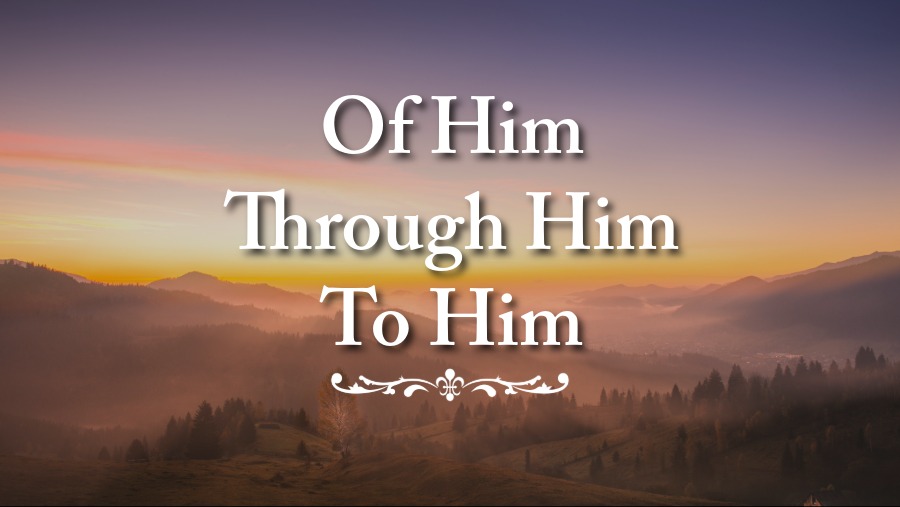

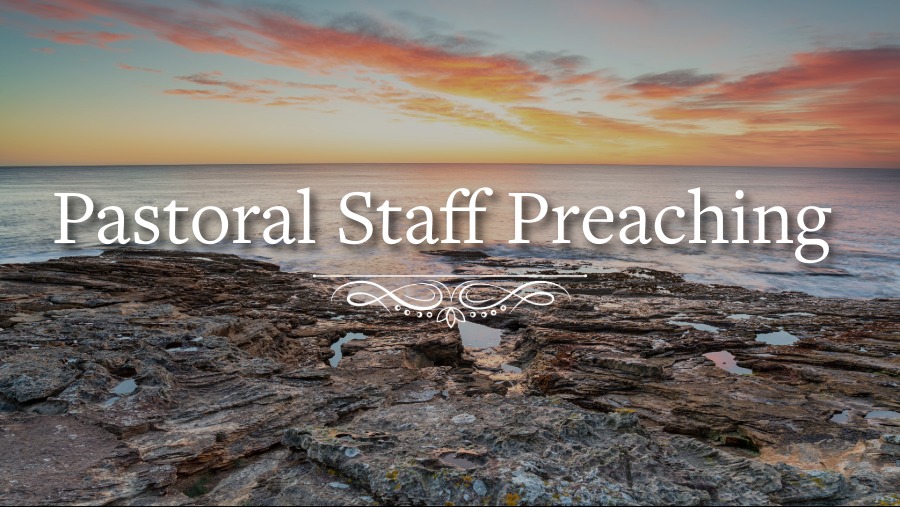

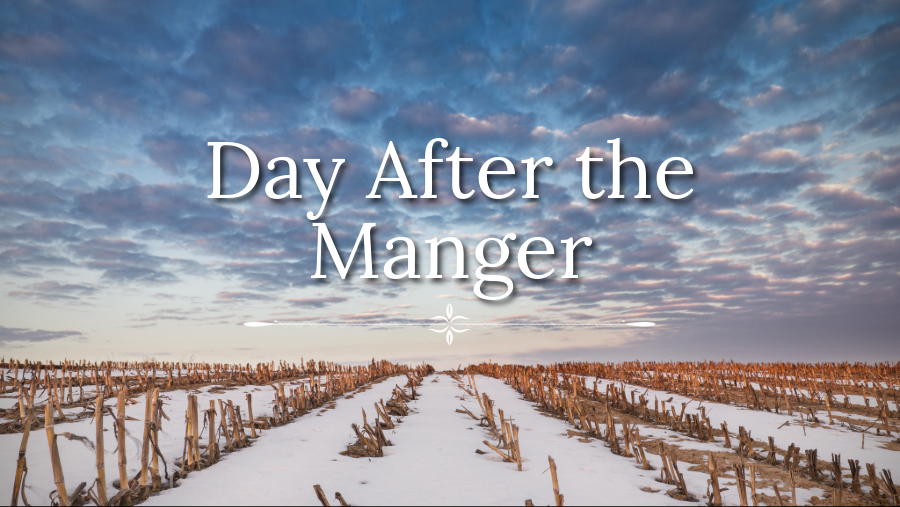

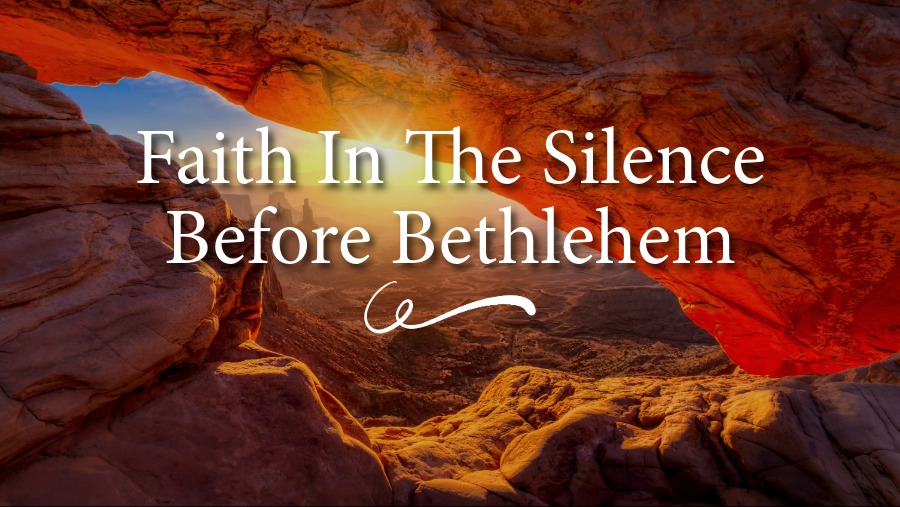
.jpeg)
